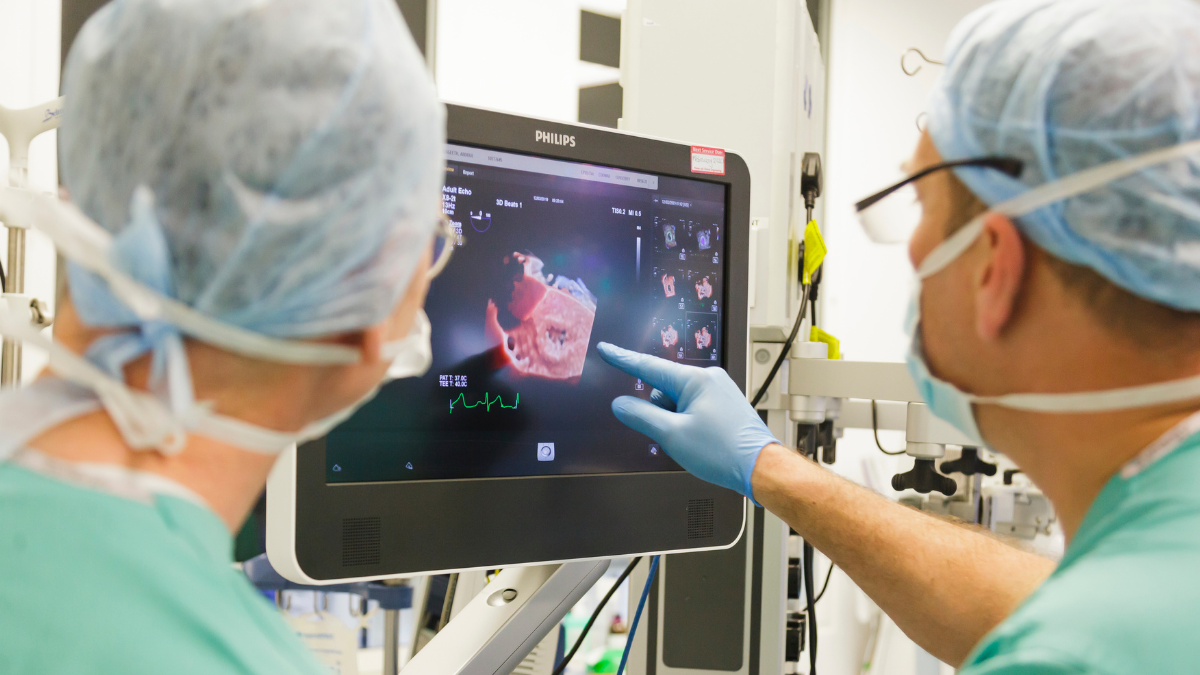The results of the study
“For people with heart disease, in the morning an increase in heart rate together with other changes in the blood stream results in an activation of cells. This leads to the formation of small clots which may cause blockage of the blood vessels. This could result in heart attack or stroke,” says lead researcher Dr Jesmond Dalli from Queen Mary’s William Harvey Research Institute.
Dr Dalli and his team carried out a study involving healthy participants and those with cardiovascular disease.
The research looked into resolvins, a substance made by our immune cells from an omega-3 fatty acid. Resolvins are important in controlling blood cells and protecting the body from immune cell inflammation. Results from the study showed that resolvins peaked in healthy volunteers in the mornings, but less so in those with cardiovascular disease.

"This helps us to understand how cardiovascular disease may occur, and uncover potential new ways to identify, treat and prevent it."Dr Jesmond Dalli, Lead Researcher
Uncovering ways to prevent cardiovascular disease
“We were surprised to discover that a small group of molecules, previously thought not to have any clinical importance, actually appears to control this vital cell activation process. This helps us to understand how cardiovascular disease may occur, and uncover potential new ways to identify, treat and prevent it,” adds Dalli.
Our impact
Our funding of £495,000 helped Dr Dalli to set up the Lipidomics Unit, purchasing the equipment that has allowed this study to take place. Other funding came from the European Research Council, Wellcome Trust, Medical Research Council and Science Foundation Ireland.
We’re proud to support this important work.


